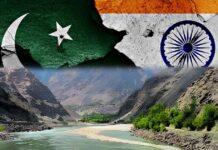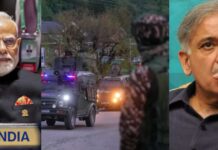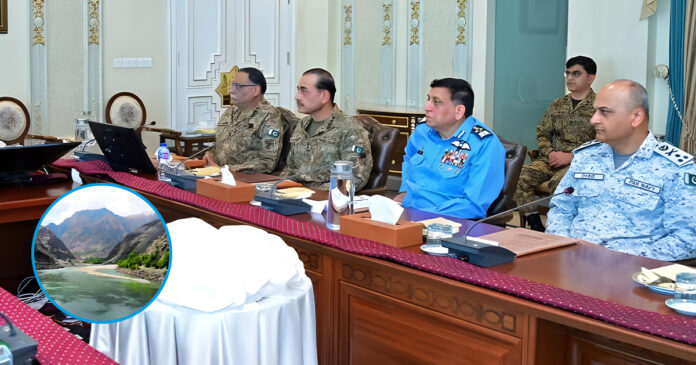On Thursday, Pakistan’s National Security Committee (NSC) warned India that it will consider blocking Pakistan’s water an act of war. This came after India took several actions following a deadly attack in the Pahalgam area.
The NSC held a high-level meeting where it decided to shut the Wagah border and suspend the Simla Agreement signed in 1972. The Prime Minister’s Office called India’s actions “unilateral, unjust, politically motivated, irresponsible, and without legal merit.” It said India’s response goes against international rules, UN Security Council resolutions, and agreements between both countries.
The committee strongly opposed India’s move to suspend the Indus Waters Treaty (IWT). It said the treaty is a binding international agreement, and one side cannot suspend it alone. The official statement said, “Water is a vital national interest of Pakistan, a lifeline for its 240 million people, and its availability will be safeguarded at all costs. Pakistan will respond with full force to any attempt to stop or divert its water.
Read more: A Treaty that Withstood 3 Wars: What is the Indus Waters Treaty?
Other Decisions that Followed
Other decisions taken in the NSC meeting included closing the Wagah border to all Indian land movement. Indians who entered legally must leave by April 30. Pakistan also shut its airspace to all Indian-owned or operated flights starting immediately. The SAARC visa exemption for Indian citizens was cancelled, and all Indian nationals in Pakistan must leave within 48 hours. Pakistan declared Indian defence advisers persona non grata and reduced the Indian High Commission staff in Islamabad to 30. It also stopped all trade with India, including through third countries.
>The meeting was attended by top leaders, including Deputy Prime Minister Ishaq Dar, Defence Minister Khawaja Asif, Interior Minister Mohsin Naqvi and senior military officers.
>A day earlier, India had stopped visa services for Pakistani nationals and asked Pakistanis in India to leave once their visas expired. However, Pakistani diplomats in Delhi can stay, though the government has reportedly cut their numbers.
On Wednesday, Pakistan’s foreign office expressed sorrow over the deaths in the Anantnag attack. <strong>“We are concerned at the loss of tourists’ lives in an attack in Anantnag district of Indian Illegally Occupied Jammu and Kashmir. We extend our condolences to the near ones of the deceased and wish the injured a speedy recovery,” the statement said.
Stay tuned to Brandsynario for latest news and updates






































